Indonesia police announced Wednesday that Jakarta governor Basuki “Ahok” Tjahaja Purnama, an ethnic Chinese Christian, is a suspect in a probe of a blasphemy law violation for joking about the Quran forbidding non-Muslims to rule over Muslim people.
The nation’s fundamentalist Islamic organizations warmly welcomed the news after an estimated 100,000 people protested against the remarks on November 4, demanding Ahok be deposed and arrested.
While police have declined to arrest Ahok, he may not leave the country during the legal proceedings. Police have allowed him to continue governing the state, however, and running for election. Ahok replaced the widely popular Joko Widodo after the latter won the nation’s presidency.
“Although there are different opinions among police investigators, most agreed that the case should be settled in an open trial,” the head of the National Police’s Criminal Investigation Department (Bareskrim), Comr. Gen. Ari Dono, said in a press conference on Wednesday, according to the Jakarta Globe. The same newspaper estimated the six-figure strength of the crowd that congregated on November 4, holding up signs reading, “Ahok go to Hell,” “Jihad,” and the Arabic scripture for the Shahada, or the Muslim profession of faith. At least one person died in the protest and a dozen were reported injured, forcing Widodo to cancel diplomatic commitments abroad.
The Associated Press reports what the Jakarta Post cannot: the content of the remarks that police are investigating Ahok for. In recorded statements, the governor “joked to an audience about a passage in the Quran that could be interpreted as prohibiting Muslims from accepting non-Muslims as leaders. The governor has apologized for the comment.”
The Post did pick up Ahok’s multiple apologies in which he stressed he meant no offense against the Quran. Ahok has since also encouraged his supporters to accept the law enforcement process and not incite any violence, though there have yet to be reports of such activity. “I call on all supporters to accept me being named a suspect. I believe the police are being professional,” he said on Tuesday. “I hope the trial will be open to the public and TV reporters will broadcast it.” Ahok remains the frontrunner in the gubernatorial race, though the ongoing investigation may affect his favorability with the public.
The AP notes that law enforcement officials were clear that the reason Ahok will remain free but barred from leaving the country is the dissent among police and religious scholars over how to properly address the case. “There should be no parties who pressure for his arrest. Let’s think rationally and logically,” National Police Chief Tito Karnavian emphasized.
Indonesia’s Law Number 1/PNPS/1965 prohibits “religious abuse and/or defamation” and can land a non-Muslim or Muslim who openly questions the faith in prison for five years, according to Amnesty International. The NGO has documented numerous instances of convictions based on Muslim neighbors spreading rumors about members of the nation’s minority communities, or using the law to exact revenge over unrelated matters.
Indonesia has prosecuted a number of high-profile individuals under these laws. In 2014, the government charged the editor-in-chief of the Jakarta Post under its blasphemy laws for publishing a cartoon condemning the Islamic State.
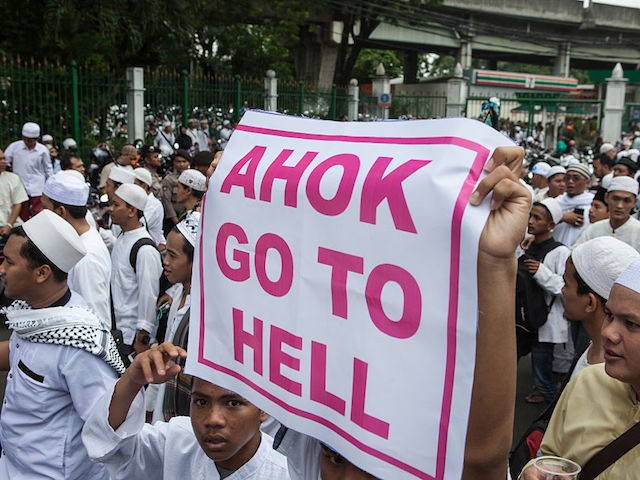
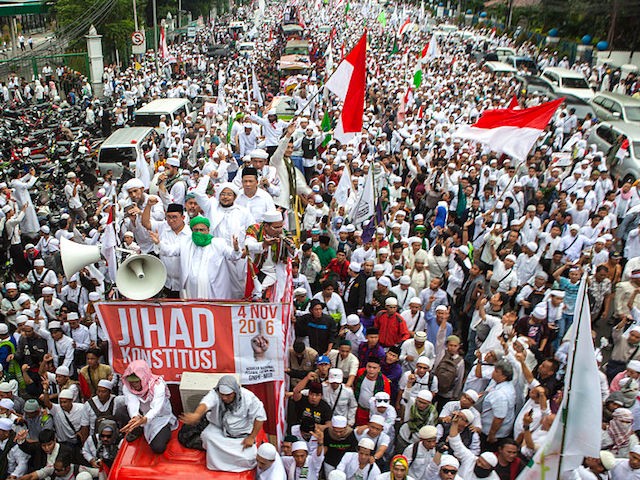
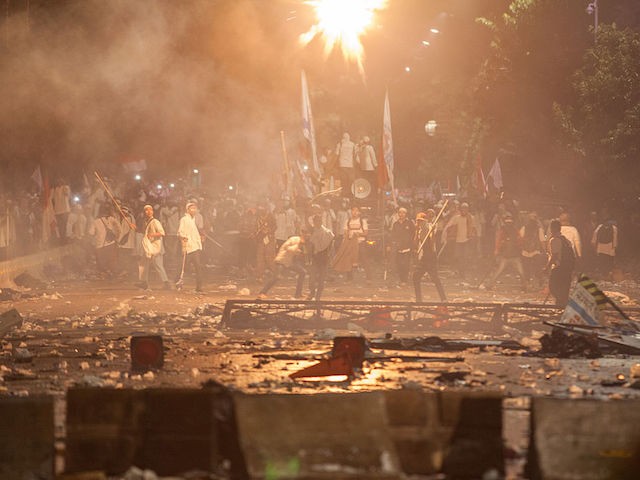
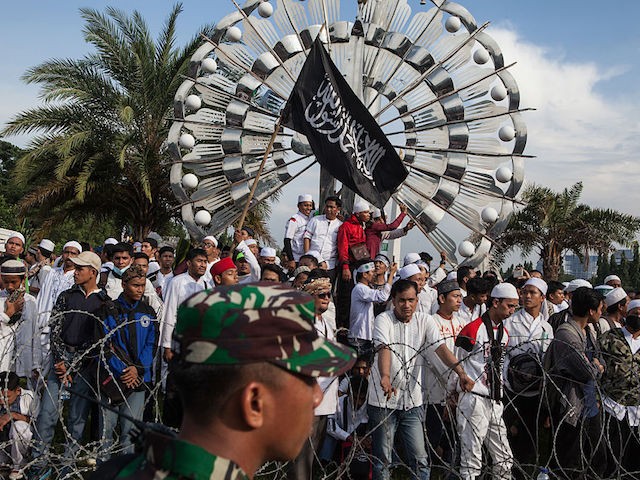
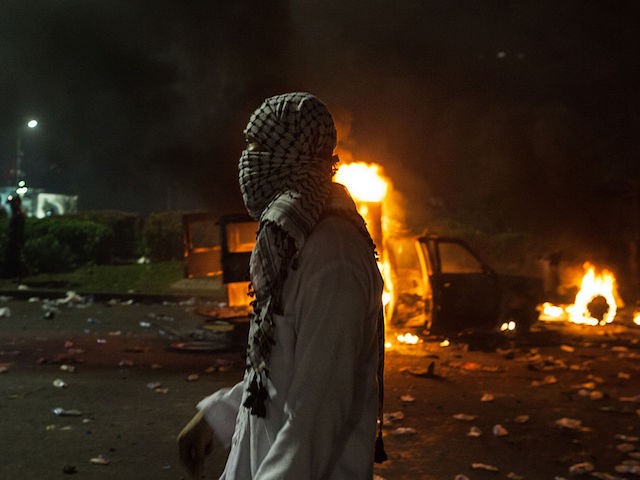
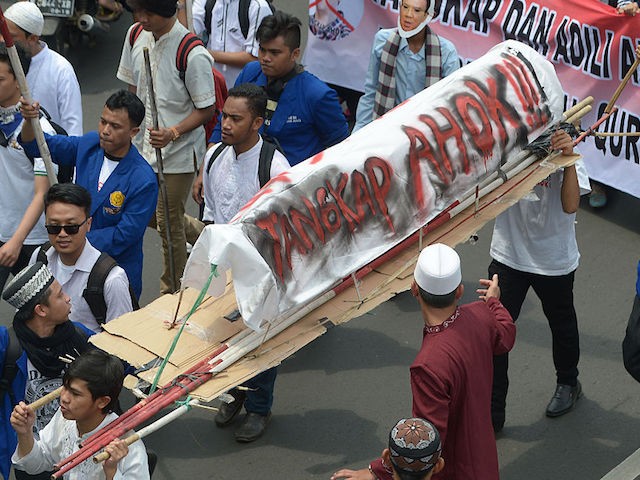
COMMENTS
Please let us know if you're having issues with commenting.